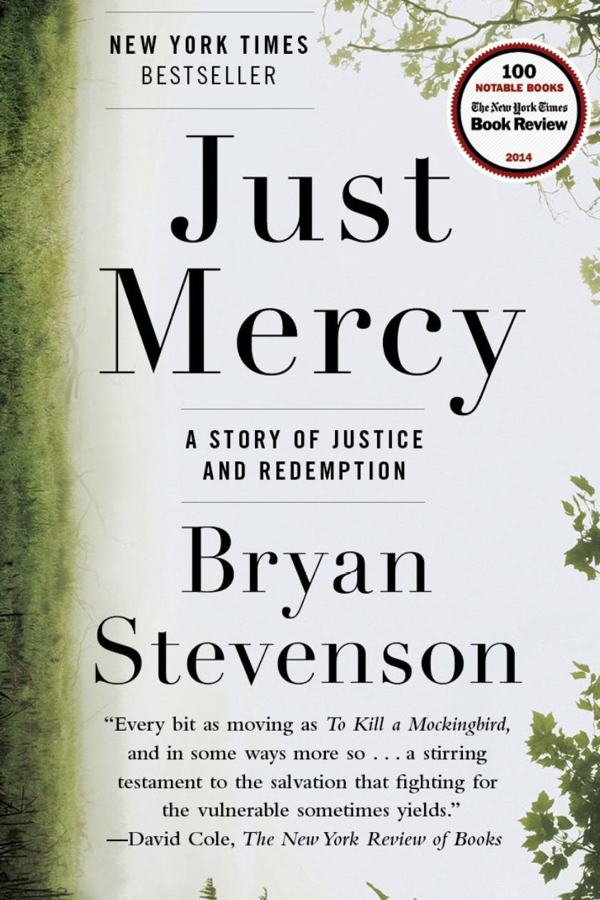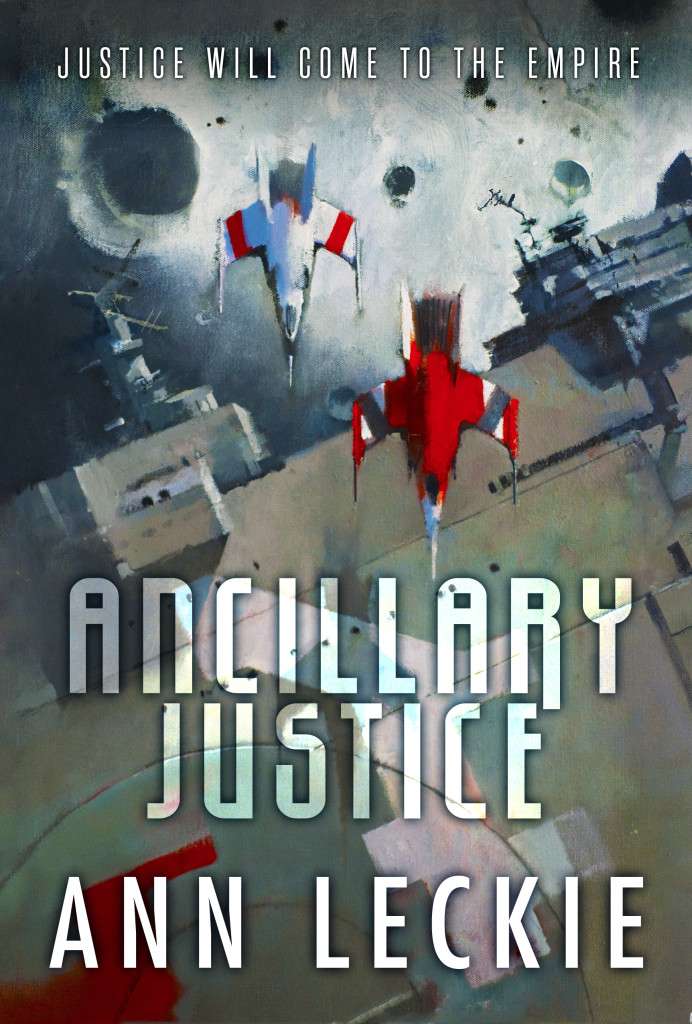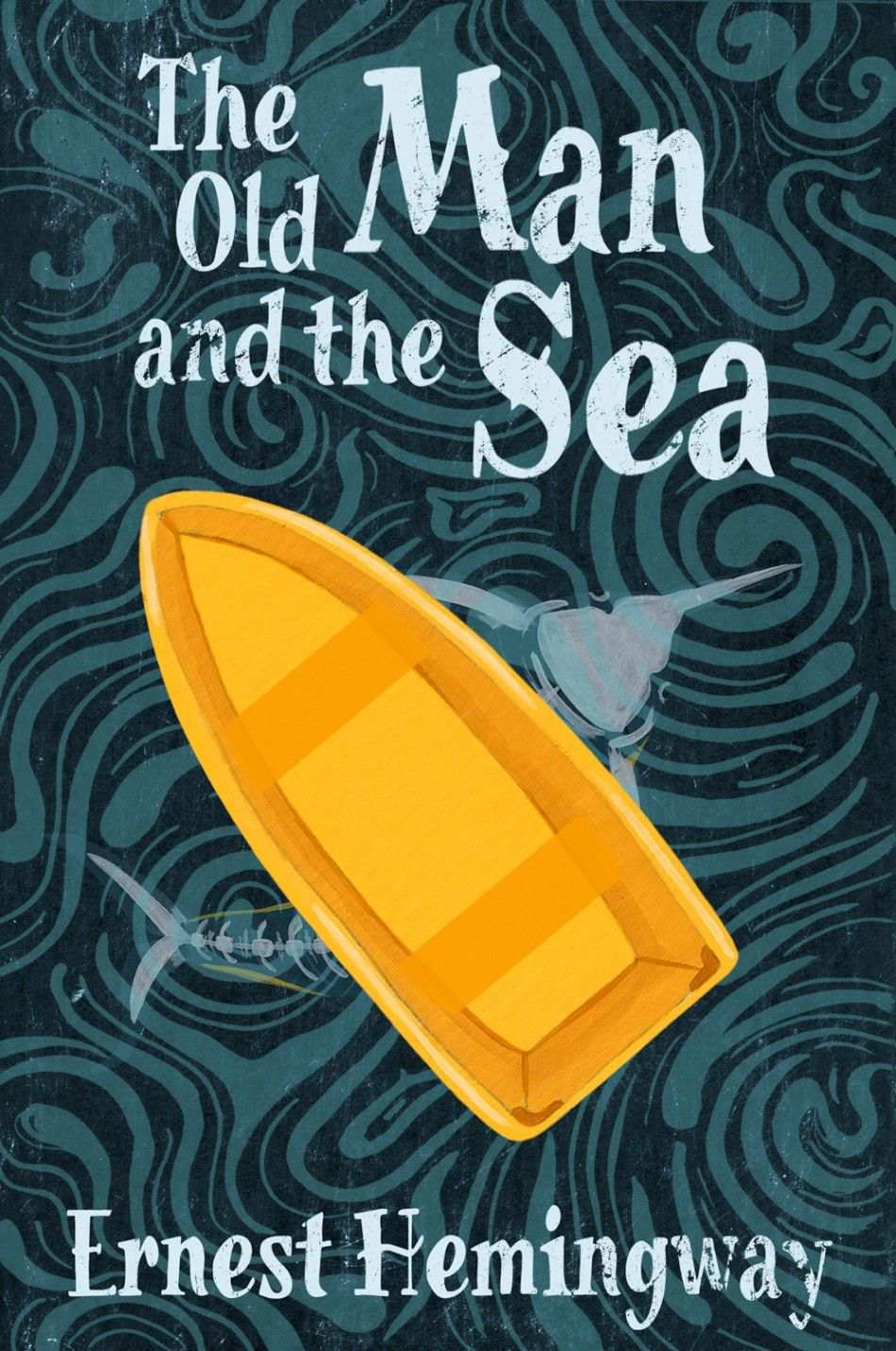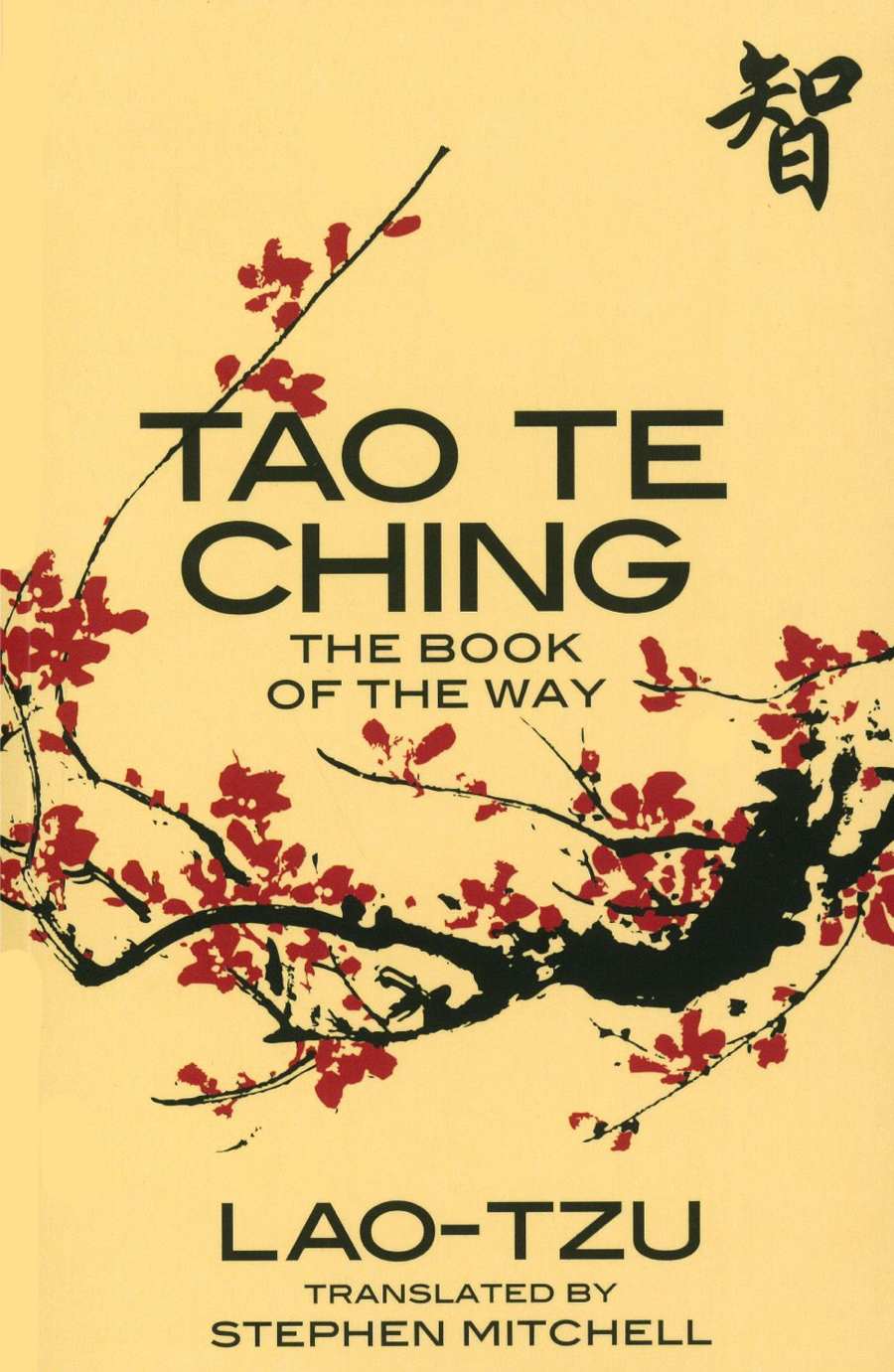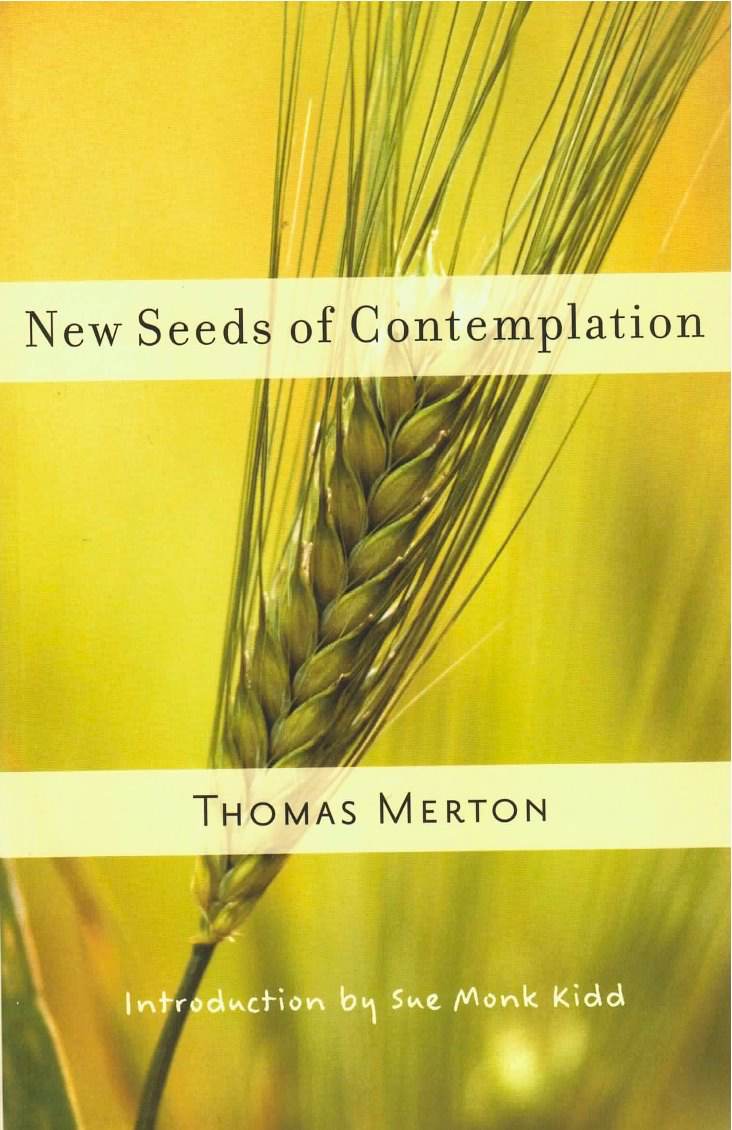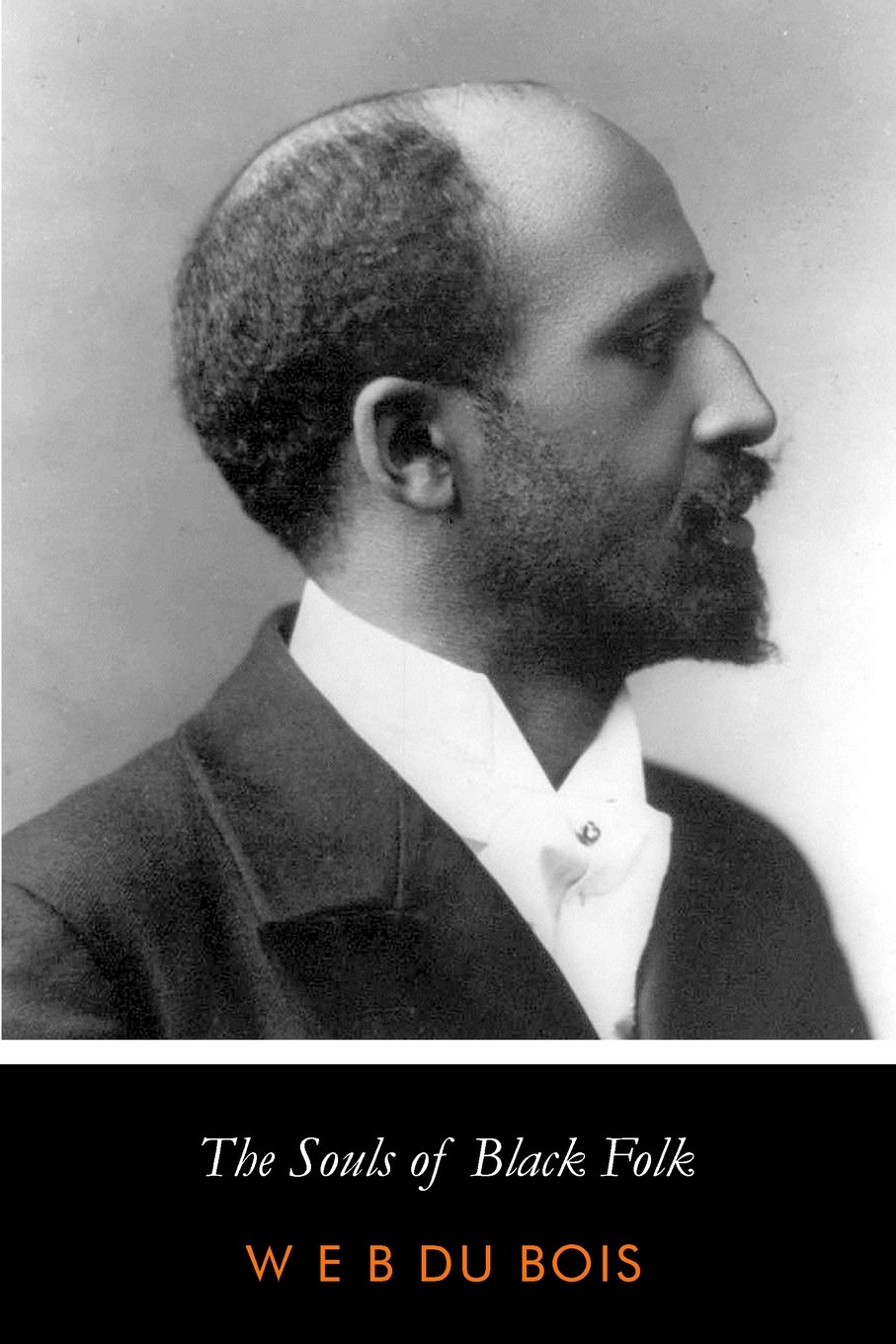Just Mercy is an autobiography of Bryan Stevenson, a criminal justice lawyer who founded the Equal Justice Initiative. As he explained it to Rosa Parks, the EJI is:
Well, I have a law project called the Equal Justice Initiative, and we’re trying to help people on death row. We’re trying to stop the death penalty, actually. We’re trying to do something about prison conditions and excessive punishment. We want to free people who’ve been wrongly convicted. We want to end unfair sentences in criminal cases and stop racial bias in criminal justice. We’re trying to help the poor and do something about indigent defense and the fact that people don’t get the legal help they need. We’re trying to help people who are mentally ill. We’re trying to stop them from putting children in adult jails and prisons. We’re trying to do something about poverty and the hopelessness that dominates poor communities.
In this book, he tells the stories of the people he has helped over the course of his career. Innocent men and men with mental disabilities put on death row. Women wrongfully imprisoned. Children tried and imprisoned as adults. These are just a few.
In their broken state, they were judged and condemned by people whose commitment to fairness had been broken by cynicism, hopelessness, and prejudice.
I will not lie, this book is a very hard read. At times, I found myself crying with a heart full of sadness and anger. I’m talking shoulder shaking sloppy crying. Yet, I also found myself shedding tears of hope, found in a new understanding of the profound connectedness of our humanity. This book left me a mess and I would not have it any other way. Profound joy and hope cannot be experienced without earth shaking sorrow and despair. Bryan gives you many stories that, if left on their own, would lead you to despair. But every one is accompanied by his tireless compassion, unshakable desire for justice and deep well of mercy. It’s in the juxtaposition that the book makes its most memorable and profound statements.
I reflected on how mass imprisonment has littered the national landscape with carceral monuments of reckless and excessive punishment and ravaged communities with our hopeless willingness to condemn and discard the most vulnerable among us. I told the congregation that Walter’s case had taught me that the death penalty is not about whether people deserve to die for the crimes they commit. The real question of capital punishment in this country is, Do we deserve to kill?
Bryan gave a TED talk not long after the book was released. It is a great summary of the book and what he’s trying to do:
